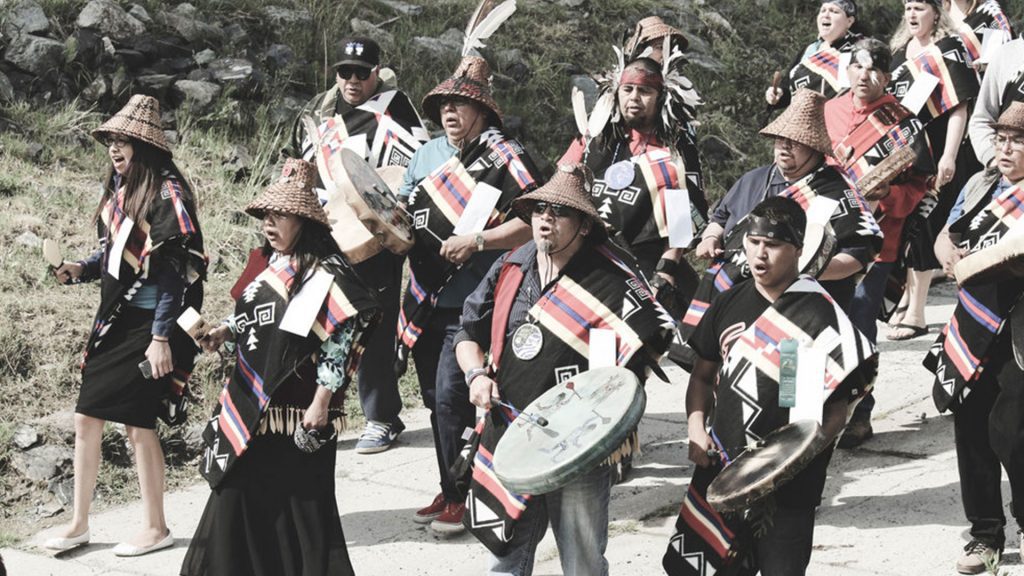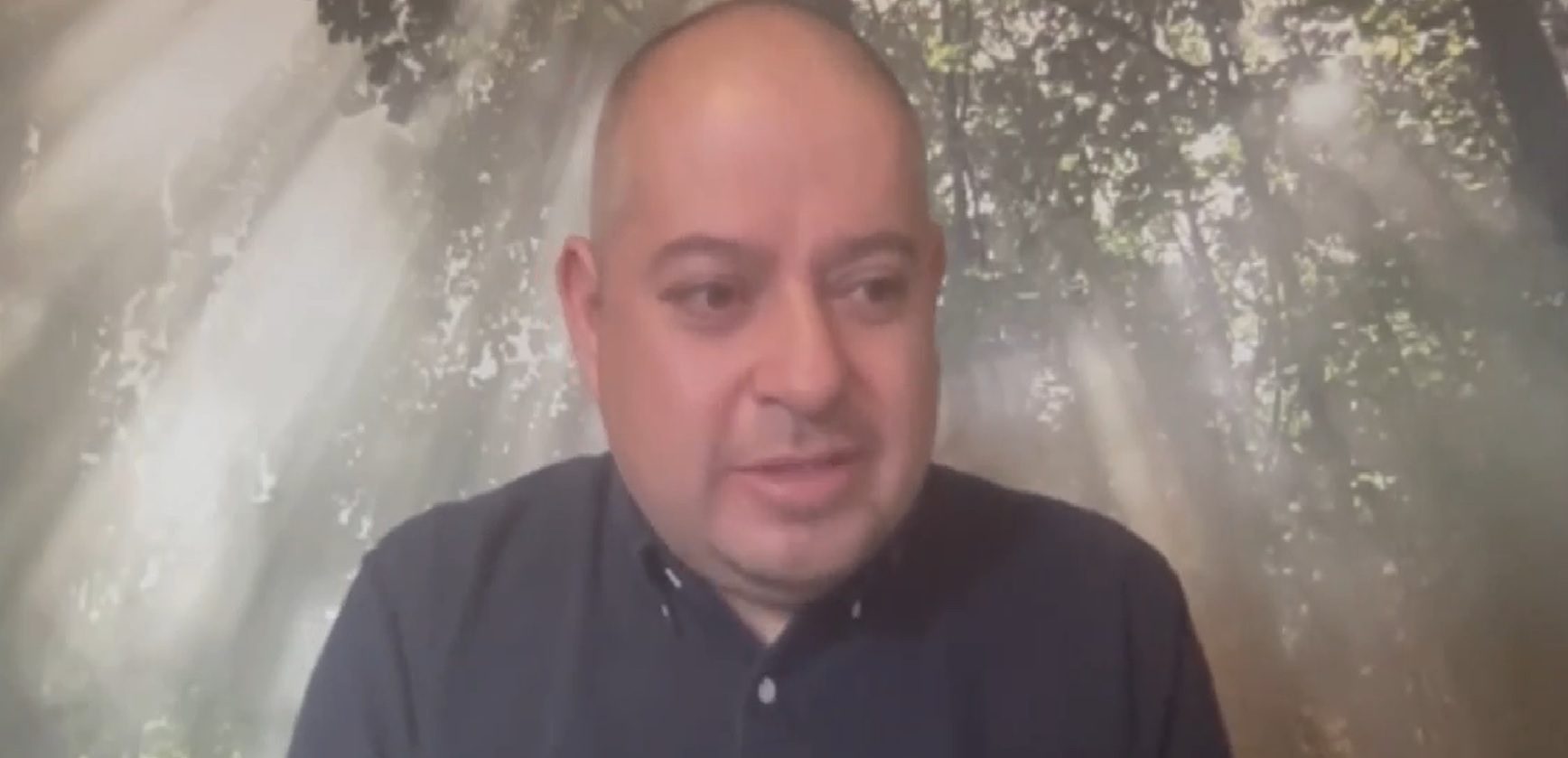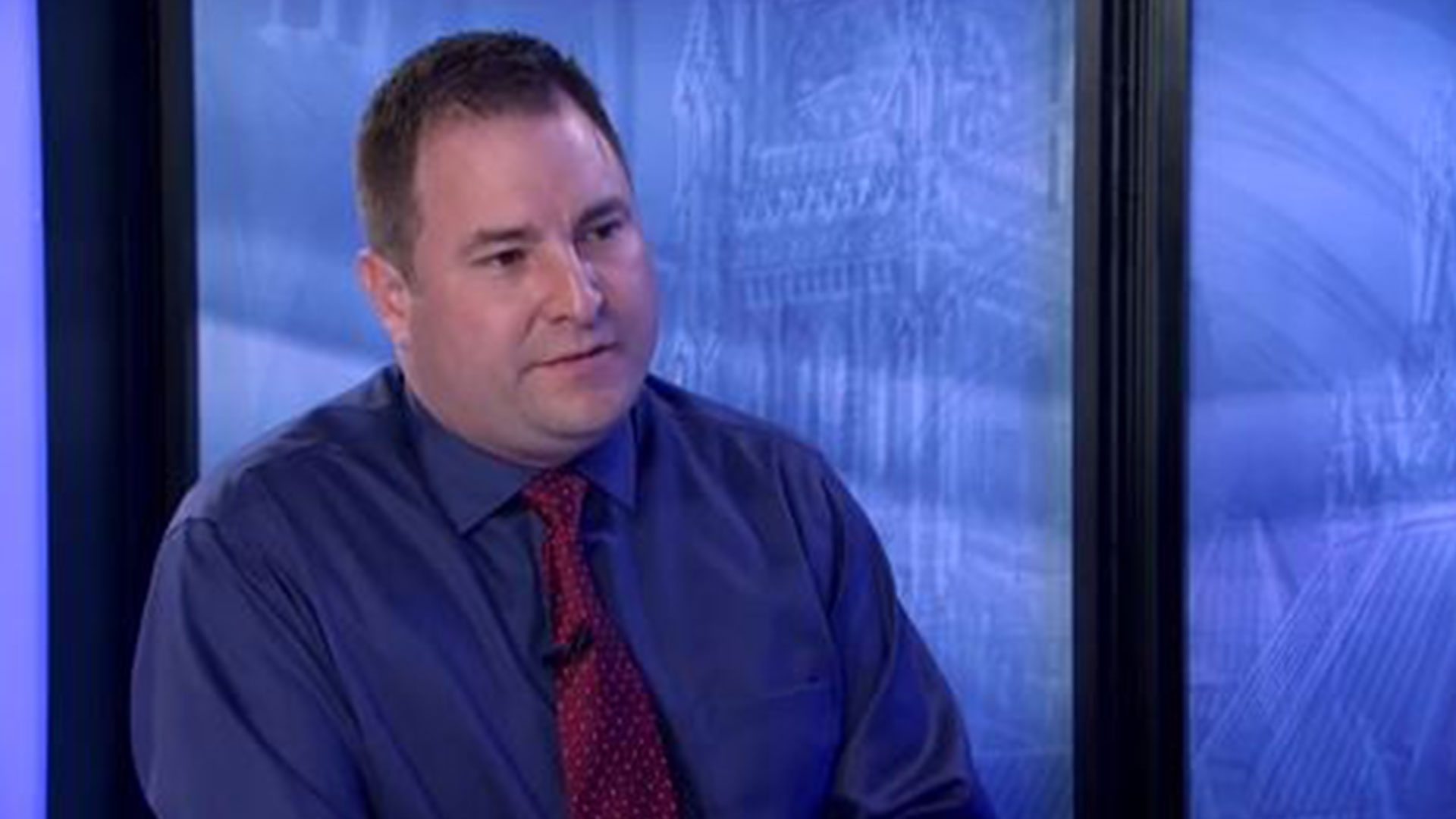
Some of the members of Kwantlen First Nation in B.C. want to change their hereditary system of governance. Photo: KFN website
Community members in Kwantlen First Nation are demanding a change in government after a hereditary chief allegedly grabbed an elder and forcibly removed her from a meeting.
Band member Brandon Gabriel said the alleged assault was a symptom of a bigger issue in the First Nation, located outside Langley, B.C., that has 375 members.
That being dissatisfaction with their hereditary chief and council that operate under a band custom code instead of an elected band council system under the Indian Act.
“We effectively have no functioning band government,” Gabriel told APTN News. “The police are investigating and the victim wants to press charges.”
Gabriel said the incident happened at an elder’s meeting on Oct. 6. But it only recently became public when he brought it up at a community meeting that was recorded for the benefit of band members who could not attend.
Gordon Thomas was one of the elders at the original meeting. He said the chief approached the elder to get her to stop talking.
“She was talking in the middle of the floor and Marilyn (Gabriel) jumped in and said, ‘No, no no,’” Thomas said in an interview. “They argued for a little while and then she grabbed her by the arm and tried to pull her.”
He said Gabriel pulled and shoved the woman, attempting to get her to leave the room.

The recording, which was shared with APTN, ends with Gabriel saying, “Everything is always about you.”
The elder declined to speak to APTN and does not want to be named. No charges have yet been laid.
Neither the chief nor councillors would comment when contacted by APTN.
Gabriel said the elder’s meeting was held after a March 2019 petition saw 71 or half of the adults in the community ask for an elected system of government. Band council organized sessions dealing with a code of conduct, communication with band members, decision making and dispute resolution.
These sessions occurred between July 2020 and January 2021, with the COVID-19 pandemic causing some delays in the meetings.
The later community meeting was held according to the Sto:lo custom following a major event – like changing ownership or giving someone a name or title – where witnesses gather to hear a story and are asked to spread the story.
Gabriel spoke about the audio he heard, as well as conversations with the elder, who is a family member. He said the elder is still recovering from the incident and found it very stressful.
APTN contacted the chief and two council members multiple times about the allegations as well as the governance issues but did not receive a response.

APTN also asked Langley RCMP about the allegations. Spokesperson Cpl. Holly Largy said the investigation was ongoing and they could not provide further comment.
In the survey documents obtained by APTN, 24 per cent of band members indicated the current system works for them, while 38 per cent said they would like to see a combination of hereditary and elected members in charge.
Another 32 per cent said they want to elect their council. The remaining six per cent selected “Other” and provided their thoughts on governance.
In a policy brief for the Yellowhead Institute, author and community member Robert Jago wrote about his community’s struggle for a voice when it experiences “intimidation, neglect, and favoritism by the communities unelected leadership.”
The federal department of Crown-Indigenous Relations said it has no role in the community’s governance issues, including how disputes are resolved.
Veldon Coburn, an Indigenous professor in the Institute of Indigenous Research and Studies at the University of Ottawa, spoke to the community in an online meeting.
He said federal policies have governed affairs on First Nations for more than 100 years, imposing the band council system and elections on a diverse group of cultures that had previous forms of self-government.
“There were amendments to the Indian Act over the last 30 or 40 years or so, and some of them allow for the bands themselves to manage their membership – even my own community has a custom membership code, but also a custom elections code. But, you still have to have a chief and council.
‘Anti-democratic’
“It is still very anti-democratic in that we are basically appointing what used to be the role of Indian agents in our community,” Coburn added.
He said the issues of elections and governance are not well understood by people outside First Nations communities.
“Because of this, it can be difficult for community members to feel comfortable about speaking up when there are issues with the chief and council,” he said.
“With the reach that Indian Act chiefs and councils have, it can make for an unpleasant life.”
According to Gabriel and others, there is a completed version of the new governance code, but the chief and council have yet to bring it forward for a vote.









